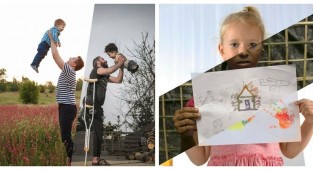The photographer uses collages to show the cruel contrast of our world (20 photos)
Turkish photographer and digital artist Ugur Gallenkus's work highlights important issues facing the world. He collects photographs into collages and demonstrates the contrasts of our world without embellishment.
Melting ice and extreme droughts 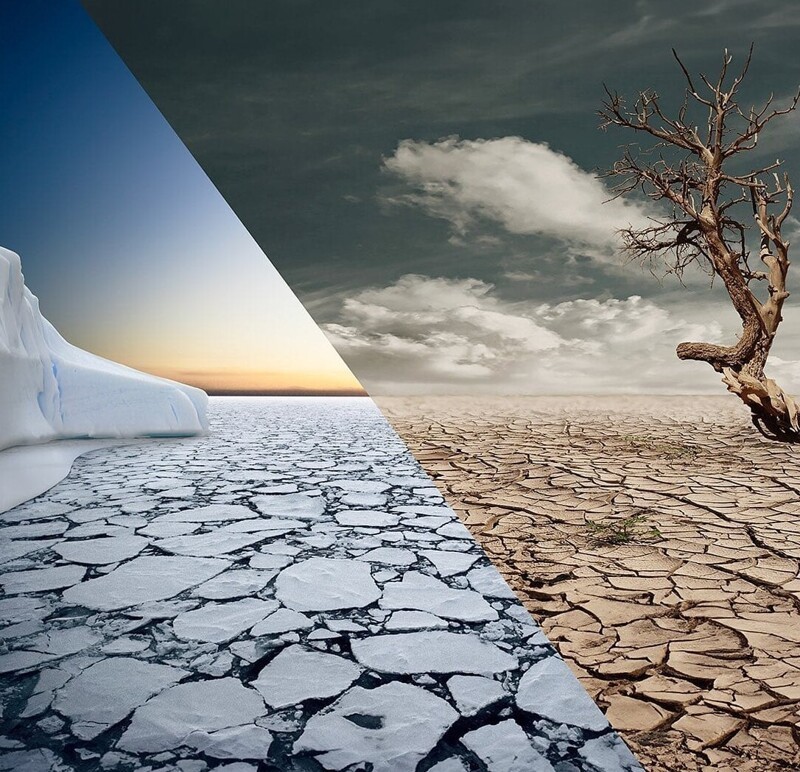
Our world is incredibly contrasting: in one place it is now nourishing and warm, while in another epidemic and famine are raging, somewhere they are creating safety zones for animals, and somewhere there are black markets for the sale of rare parts of the bodies of these animals. And all this, on the one hand, is so far from a measured life, but in fact closer than we can imagine.
Turkish digital artist Ugur Gallenkus clearly reminds us of this. The man creates amazing collages that bring him back to reality, making him think not only about himself, but also about the world, which is a common home for all of us.
School question 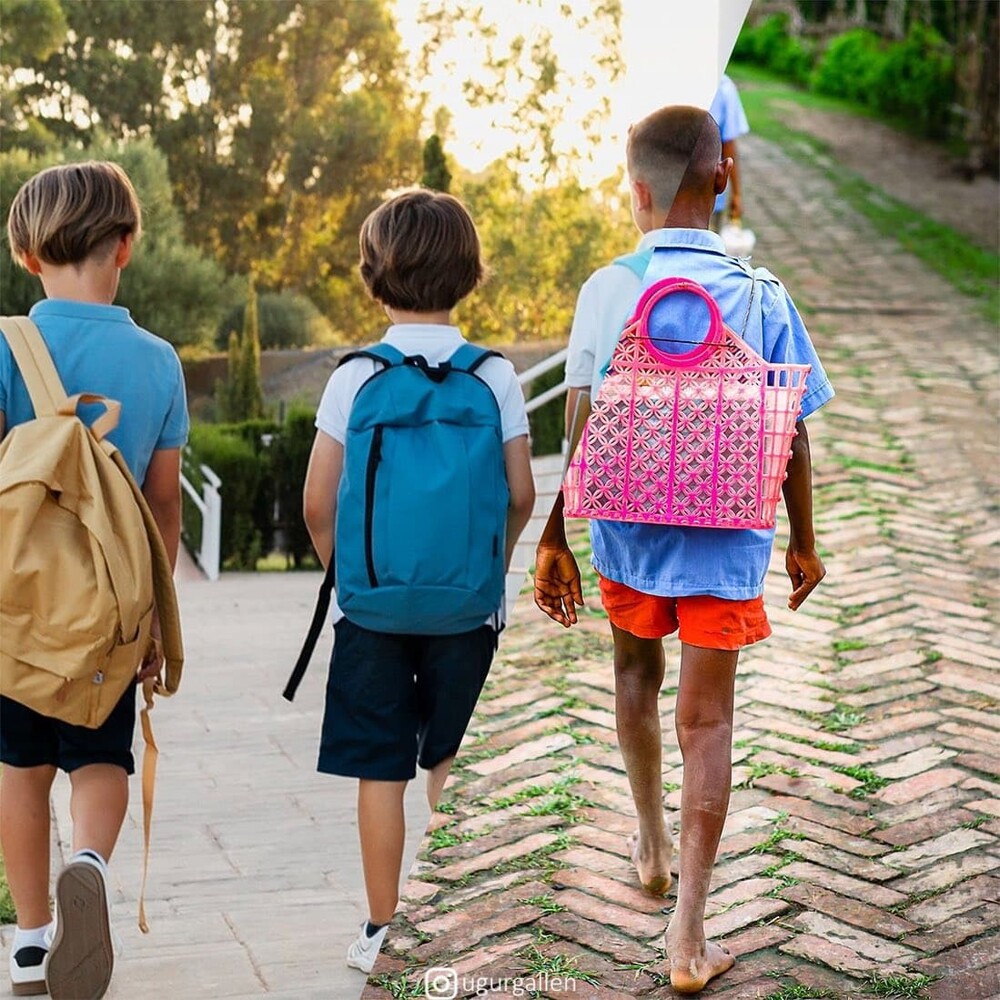
City schoolchildren and a boy from a fishing village on his way to school on the Satkhira coast. The boy made himself a backpack from a plastic grocery bag.
On the border 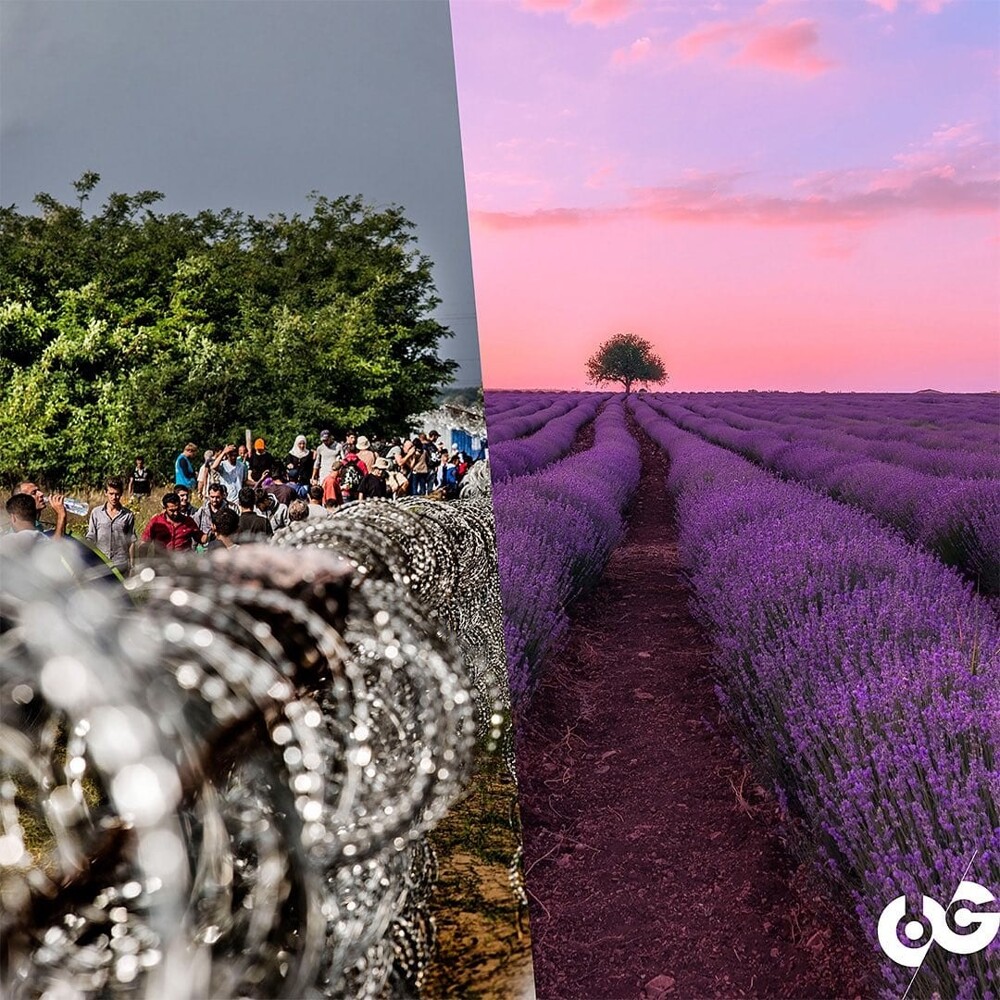

The European border is considered one of the deadliest borders in the world. For example, since 2014, more than 28,000 people have drowned or are missing in the Mediterranean. Everything is complicated by the fact that EU countries do not want to take part in solving this problem and making the migration route safer.
The climate crisis is a health crisis
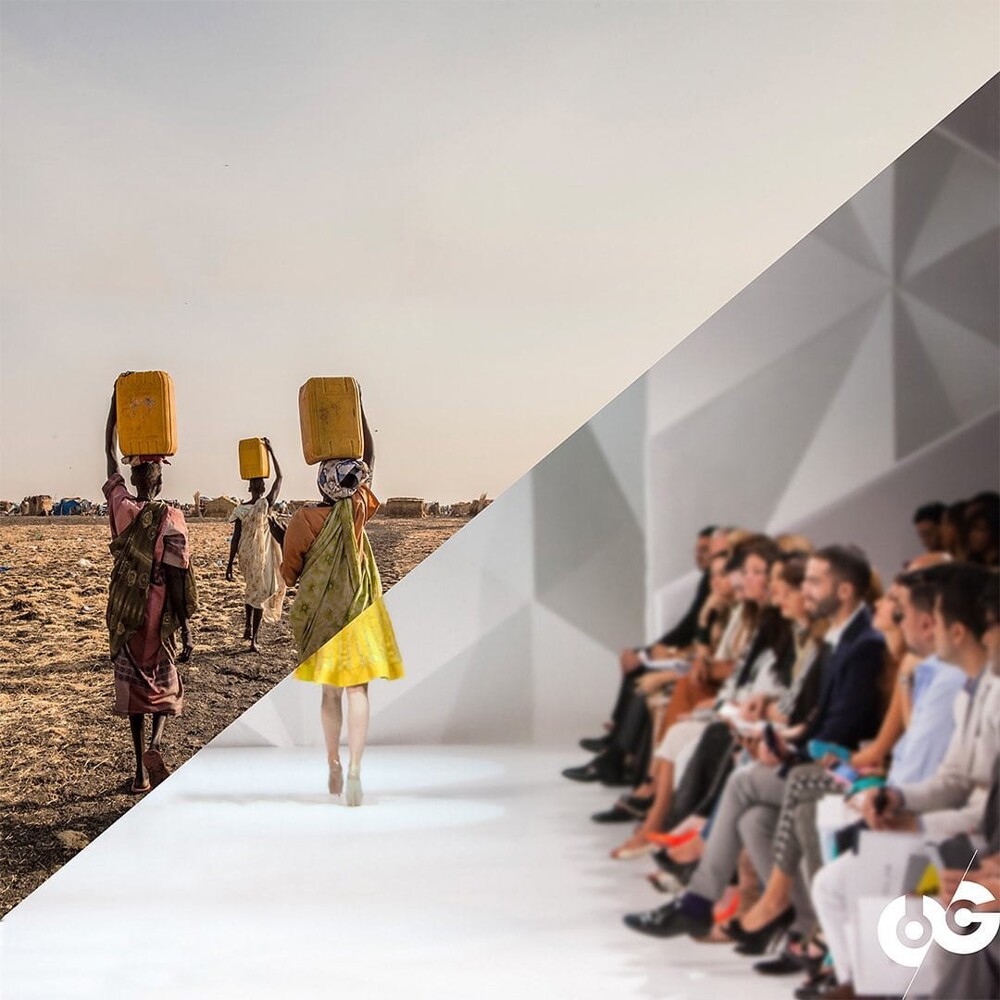
At the turn of the third millennium, only half a million cases of dengue fever were reported worldwide. By 2021, the number of cases has already reached 5.2 million. Dengde is the most dangerous viral infection transmitted by mosquitoes. This infection, like many others, is acutely susceptible to sudden climate changes - sudden weather changes and natural disasters are catalysts for disease outbreaks.
Hunger
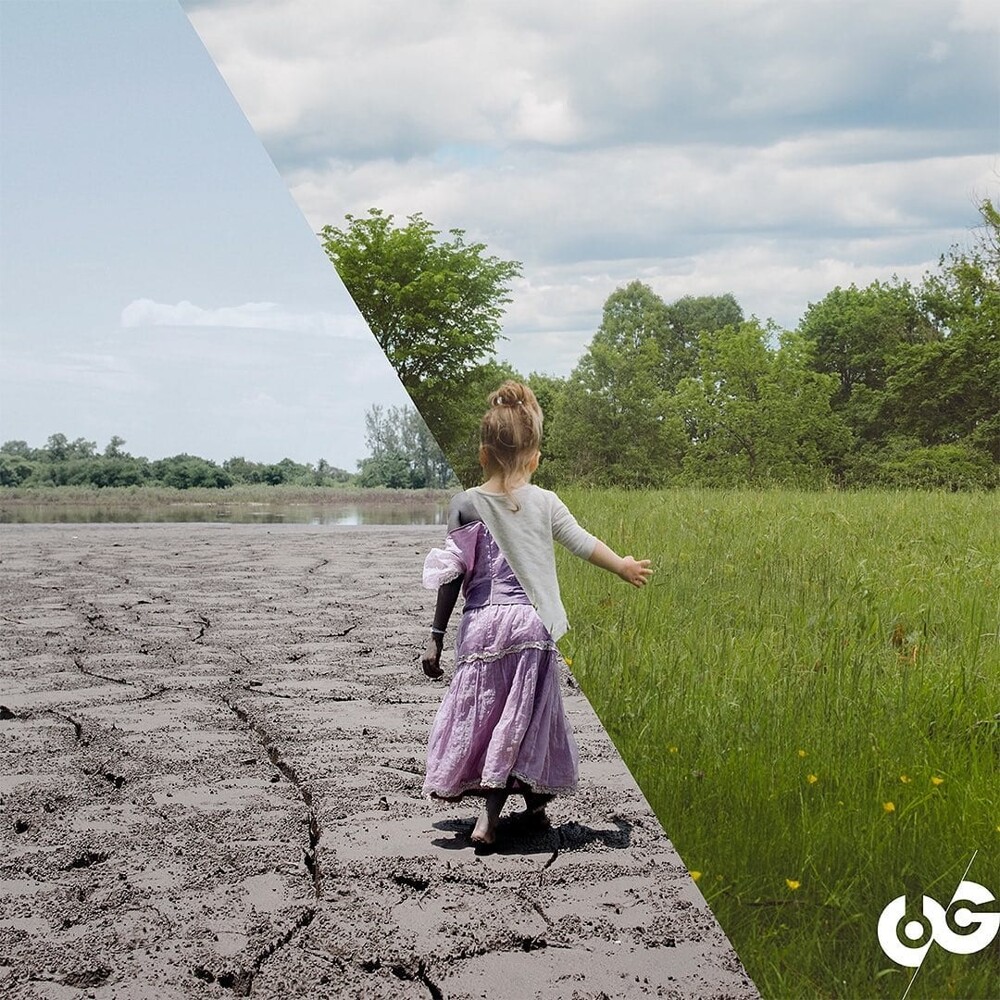
The climate crisis affects not only disease outbreaks, but also basic human needs such as hunger. Some statistics: in 2021, 193 million people suffered from acute malnutrition and hunger, and a year later the number has already reached 258 million people. And every year the number of hungry people will only grow exponentially.
Mother and child health
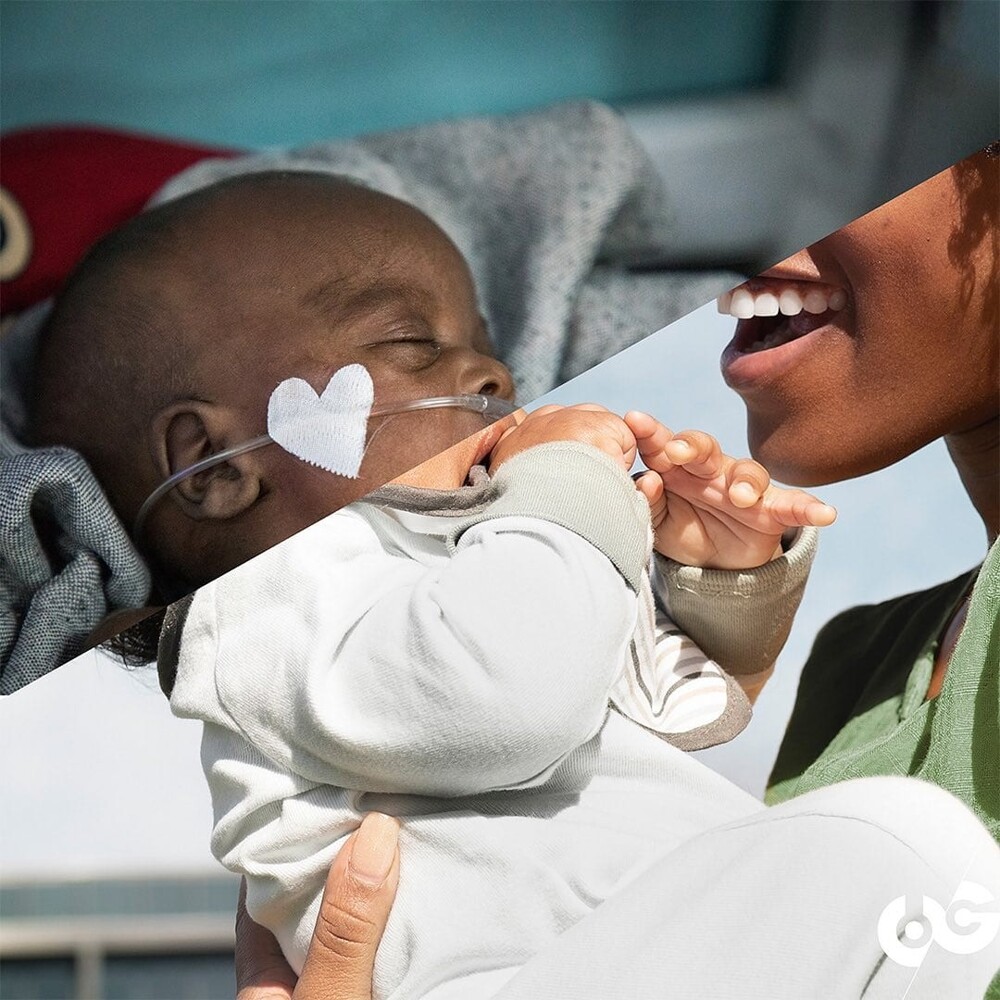
In the modern world, it is extremely important to conduct educational activities to ensure proper care of mothers and children and health issues on nutrition, personal hygiene, the need for assistance in the prenatal and postnatal period, as well as timely medical examinations. This is primarily for birth control and preventing the transmission of HIV from mother to unborn child.
Narrowing of habitat
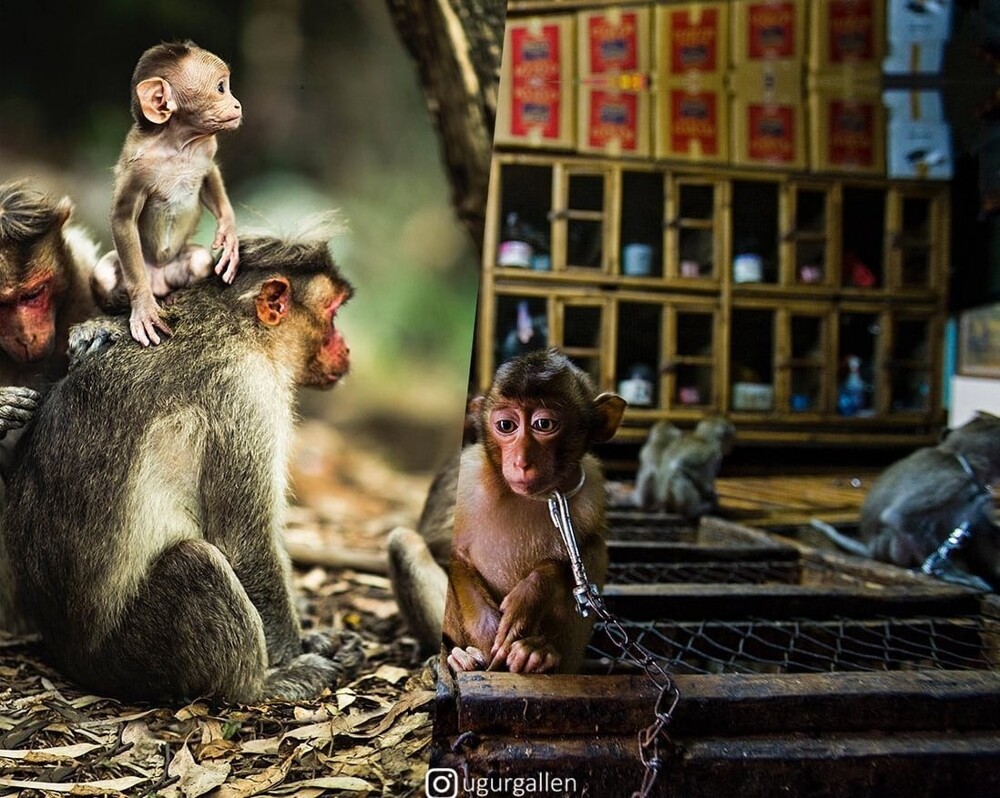
Pig-tailed macaques are incredibly energetic and social primates that live in forests throughout Southeast Asia. As forests were cut down and their natural habitat destroyed, macaques increasingly began to attack crops. Because of this, the population began to view them as pests and shoot them. Some babies are sold as pets, to zoos, for medical research, or simply for food.
Dry season
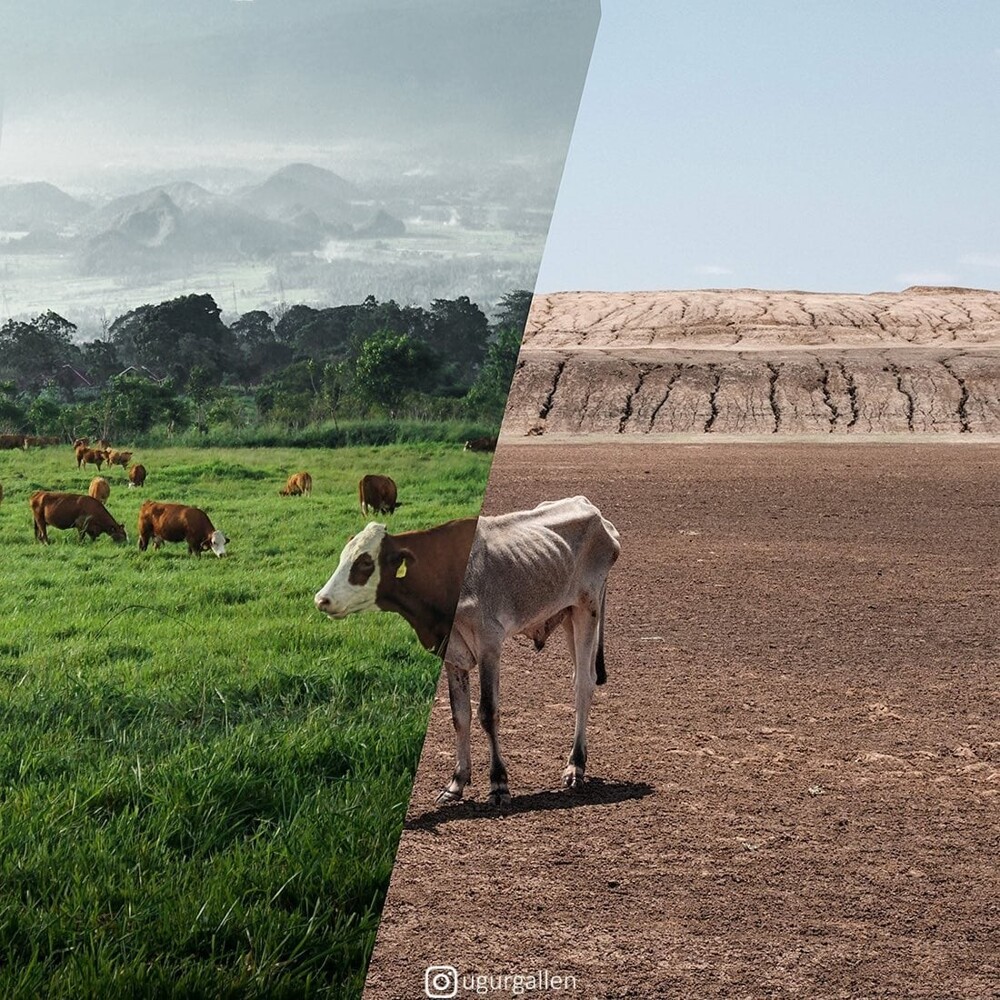
The Horn of Africa (which includes Somalia, Ethiopia, Eritrea and Djibouti) is facing its longest drought in four decades. And according to disappointing forecasts, this region is expecting a below-average rainy season for the sixth time in a row, which means that the countries included in it are on the verge of famine and humanitarian catastrophe.
Child labour
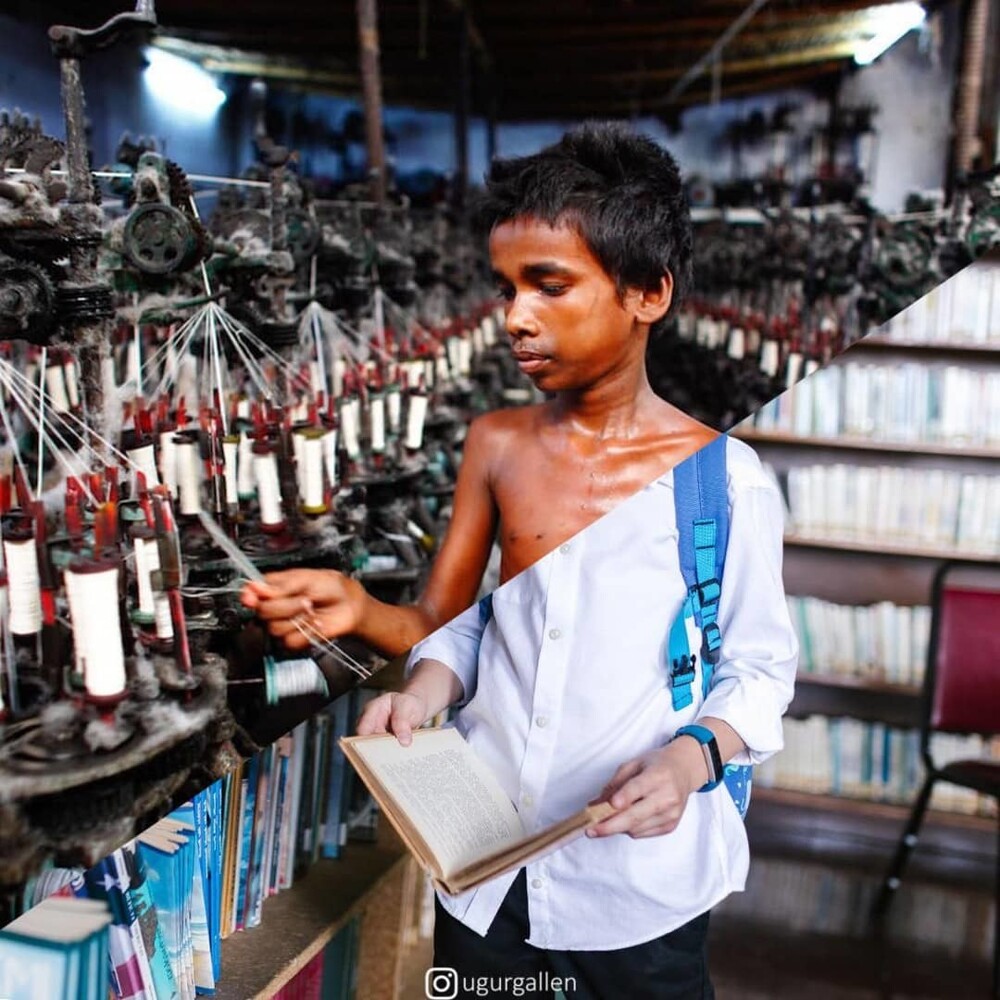
This is 13 year old Sobuj from Dhaka, Bangladesh. He works in a textile factory in conditions of unbearable heat and extreme noise. For this he receives about 1,200 taka per month (approximately 1,050 rubles).
Forest fires
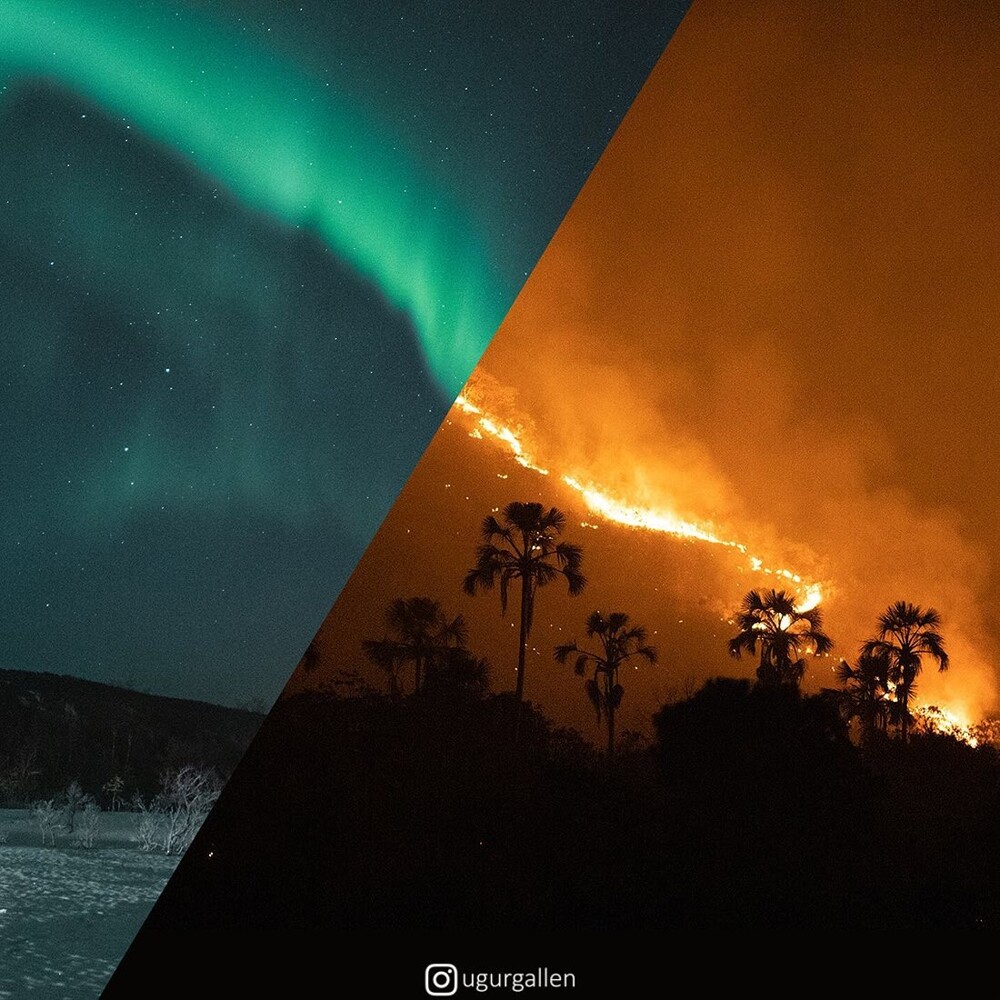
On the picturecaptured a powerful forest fire that occurred in September 2021 in the Brazilian region of Chapada dos Veadeiros, in the city of Goiás, a few kilometers from the federal capital.
Poison

During the Vietnam War, this woman was exposed to Agent Orange (the name given to a synthetic mixture of defoliants and herbicides). After that, she gave birth to two children with physical disabilities. In the photo, she helps her daughter move her arms while practicing. Vietnam, Mekong Delta, 2012.
Refugee children
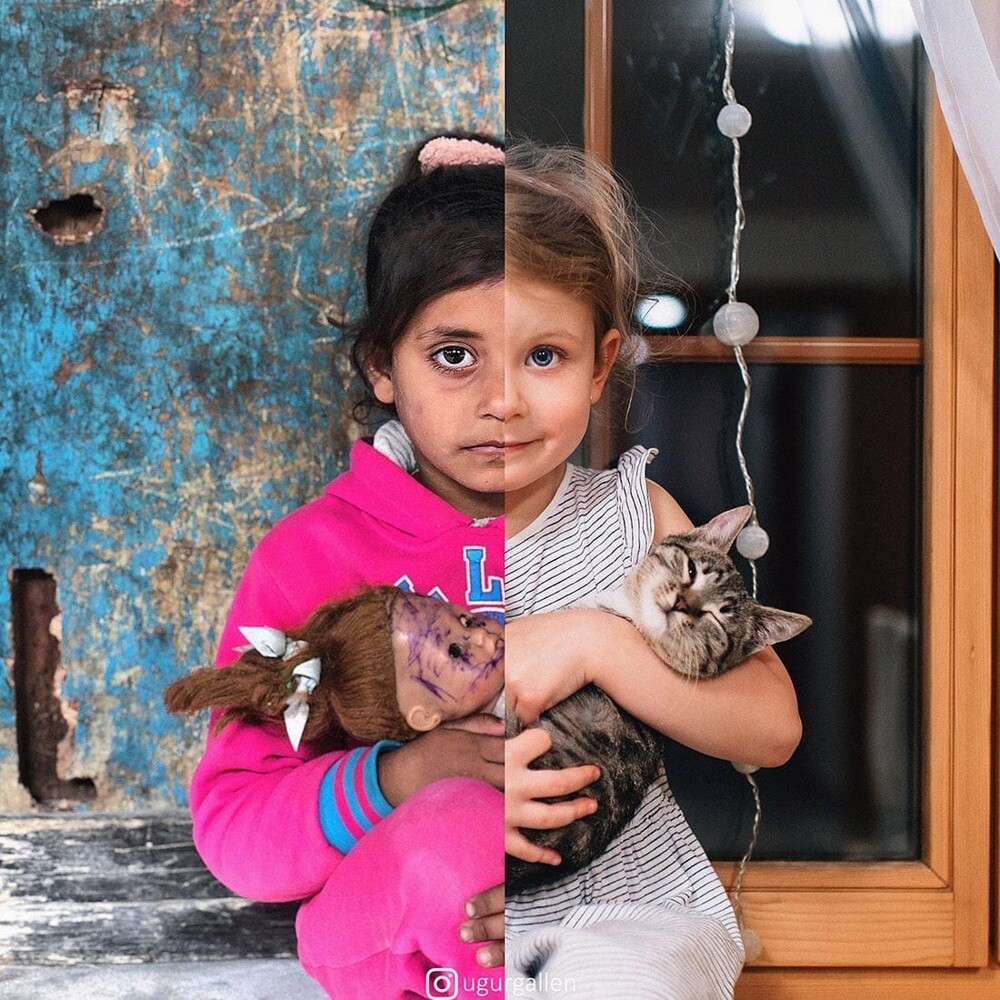
Thousands of refugee boys and girls live in conditions that are completely unfit for children. Their access to basic children's needs such as education and health care is limited, they have no freedom of movement and are almost entirely dependent on aid provided by charities.
Ebola
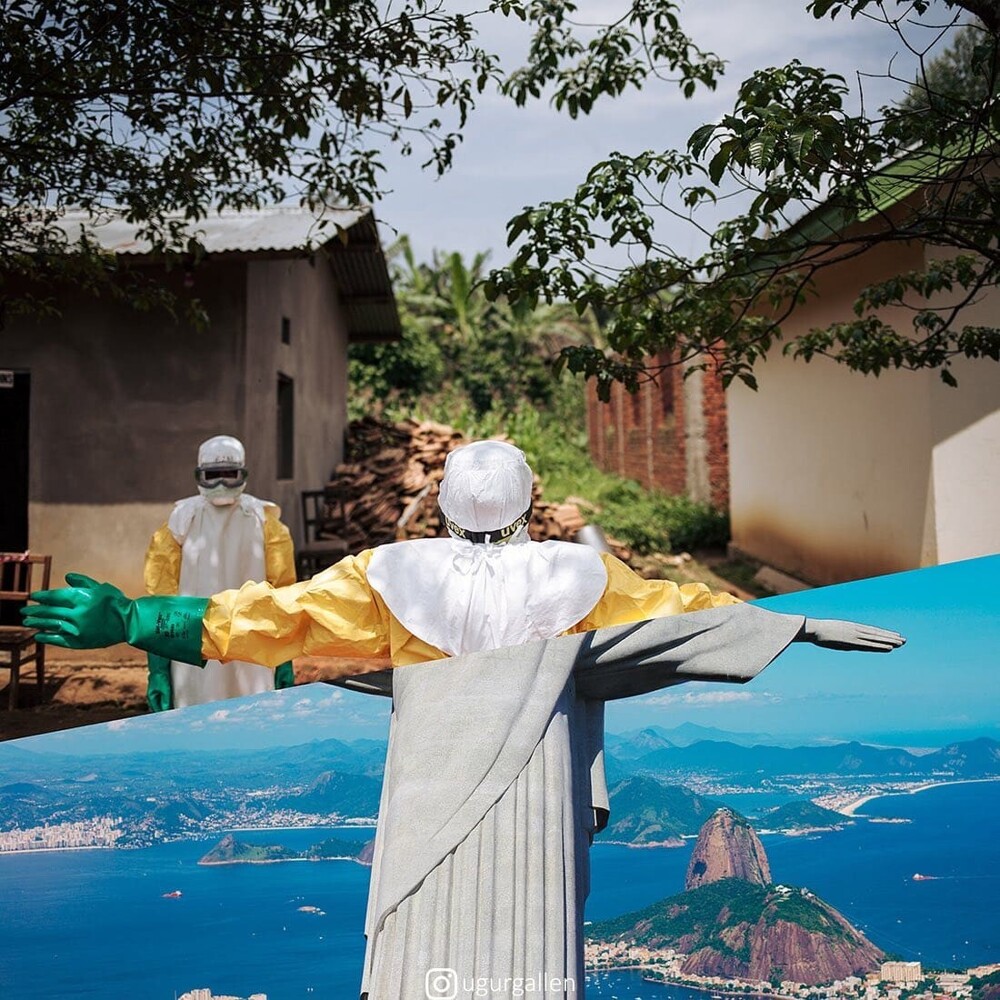
The Ebola virus can cause a mortality rate of up to 90%. This is a highly contagious virus that is easily transmitted through body fluids. Therefore, it is extremely important to disinfect the entire area where the infected patient was in order to suppress the outbreak.
The photo shows men after disinfection work and visiting a risk zone. In turn, each of them treats the other with chlorine to prevent the further spread of Ebola.
Thirst
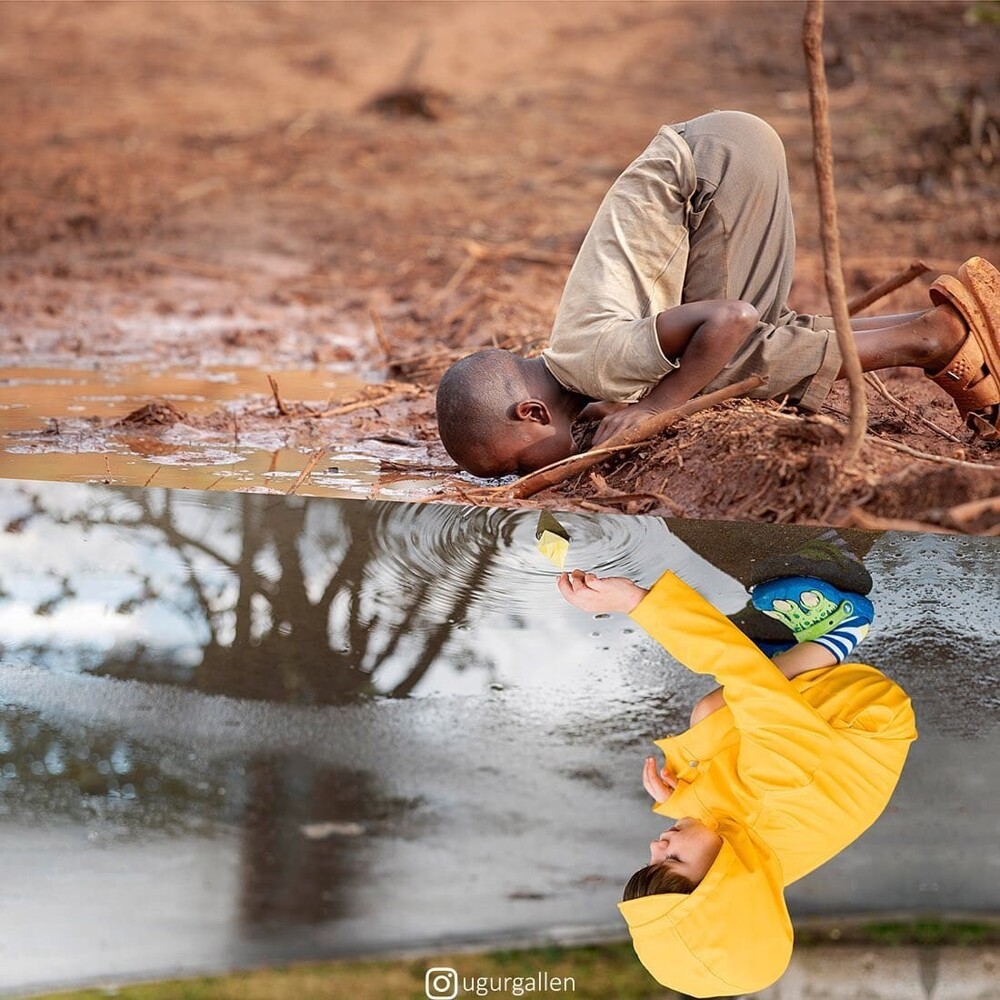
A boy drinks dirty water from a puddle due to a lack of clean water access points in Kakamega, Kenya, March 14, 2018.
Oil pollution
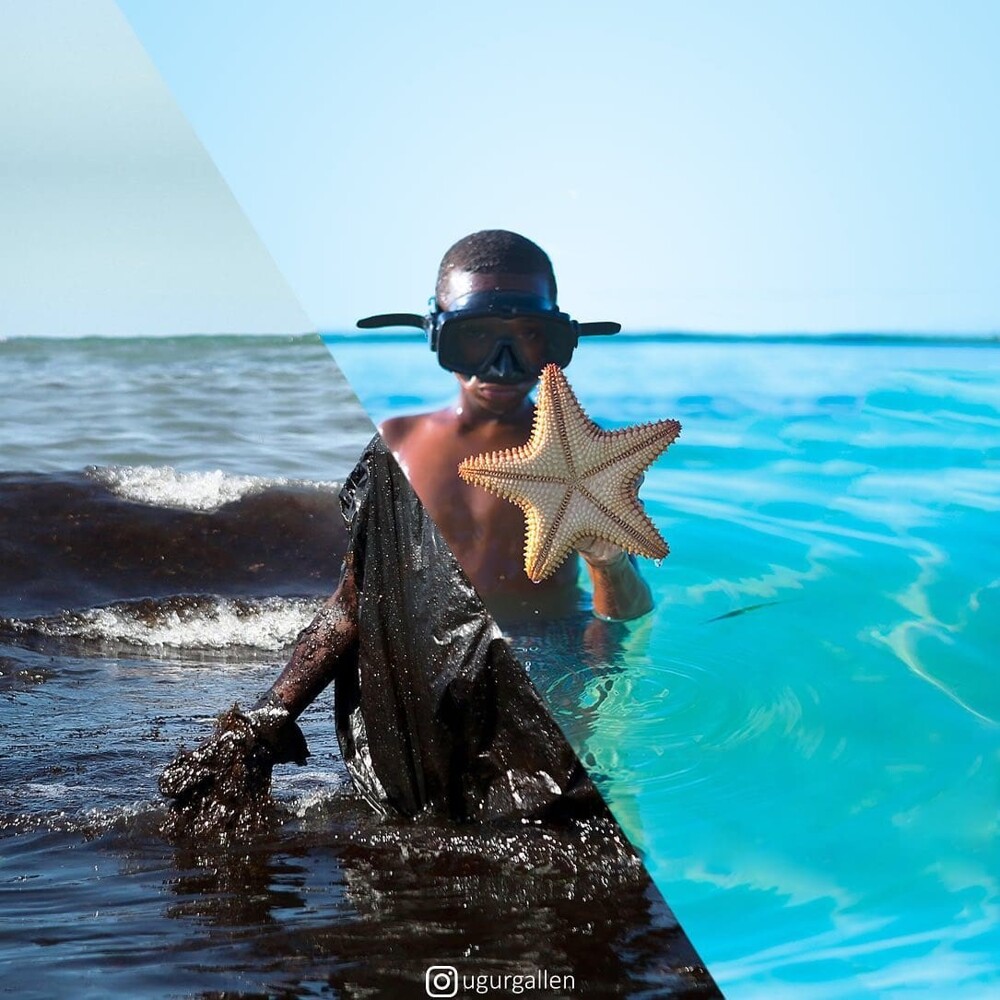
A boy emerges from the sea while trying to clean up an oil spill on Itapuama beach in Cabo de Santo Agostinho, Brazil, October 21, 2019.
Air purity
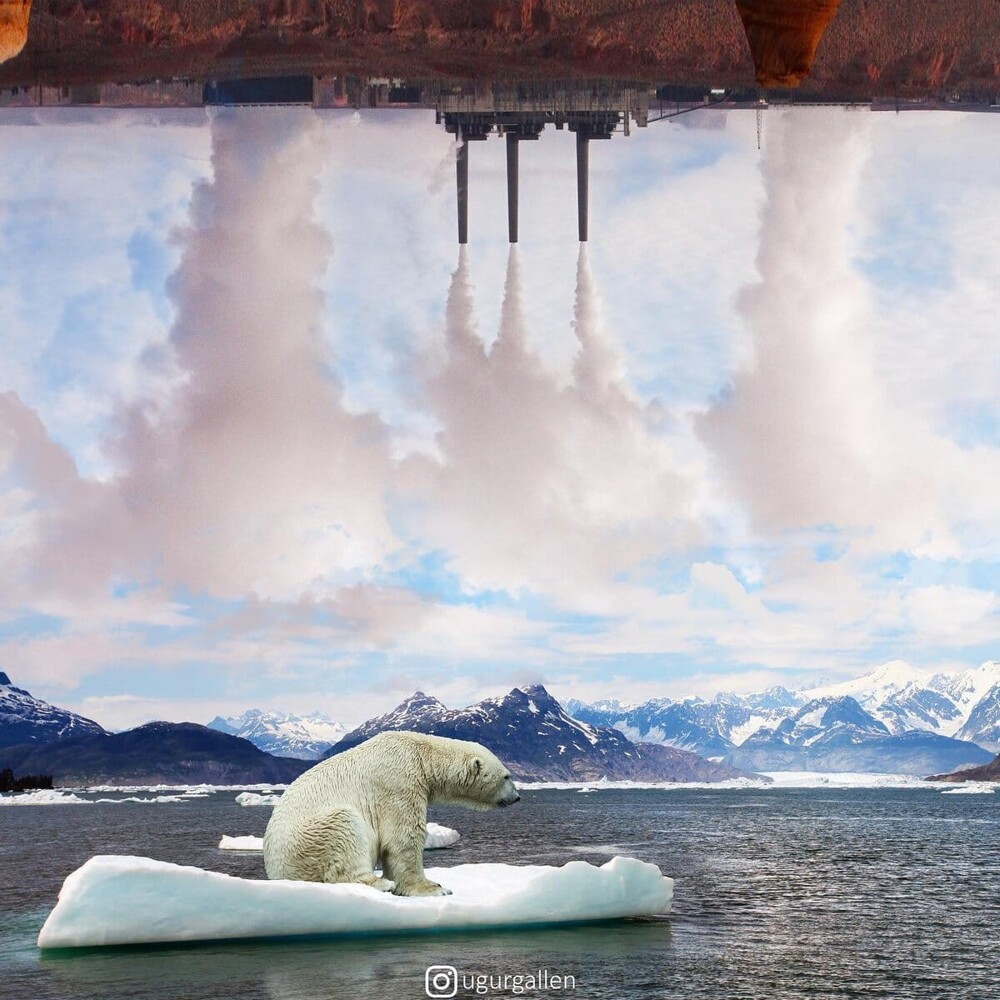
Globally, 9 out of 10 people breathe polluted air. Experts estimate that this causes about 7 million premature deaths each year. Air pollution also threatens the economy, food security and the environment.
Peaceful childhood

An Afghan woman sits next to an injured child at the Indira Gandhi Children's Hospital after a powerful truck explosion in Kabul.
Refugees

Hundreds of Rohingya people cross the border into Bangladesh. They flee Buchidong in Myanmar after crossing the Naf River into Bangladesh, September 10, 2017.
Children's immunity
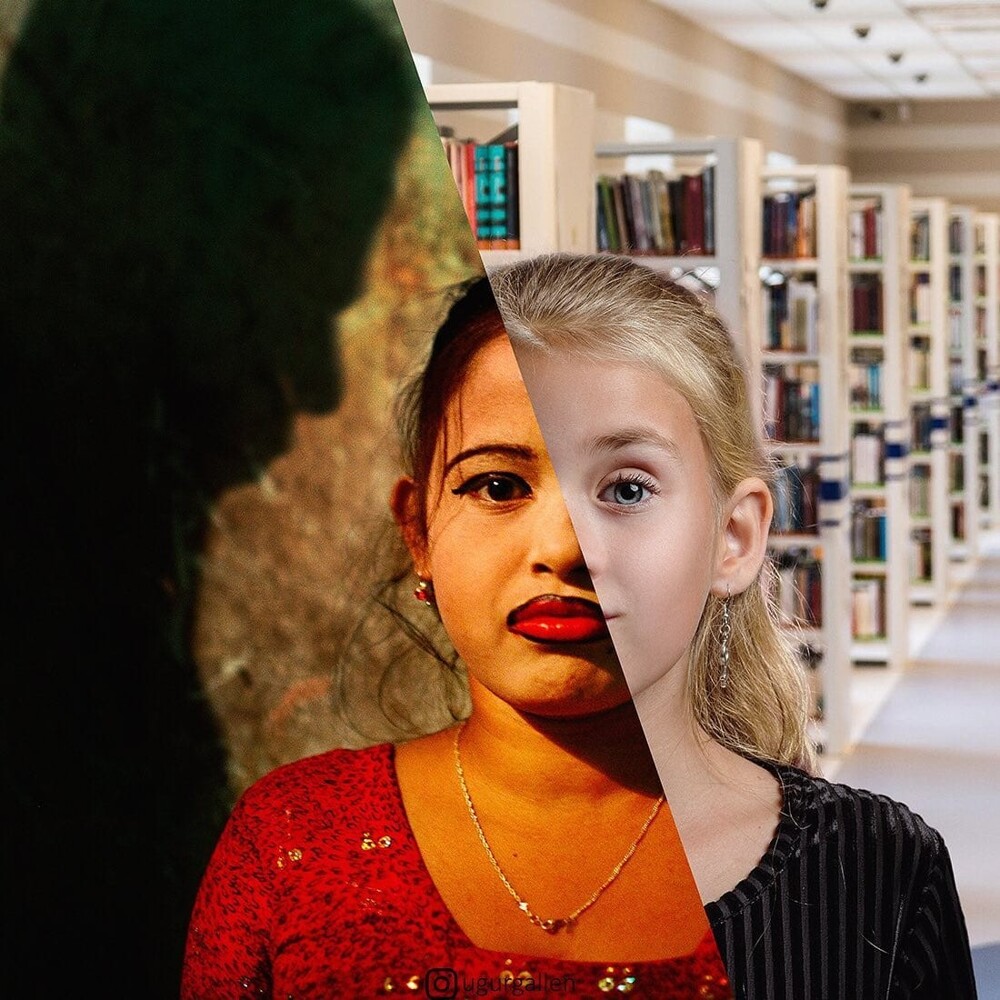
Research shows that up to 10 million children are involved in prostitution worldwide. This practice is most common in South America and Asia. But this problem exists absolutely everywhere, both in undeveloped and developed countries. Millions of girls and boys become victims of sexual exploitation every day.
According to the NGO, the countries with the highest rates of child prostitution are Brazil, Sri Lanka, Thailand, Taiwan, the Philippines and the United States.
Sea pollution
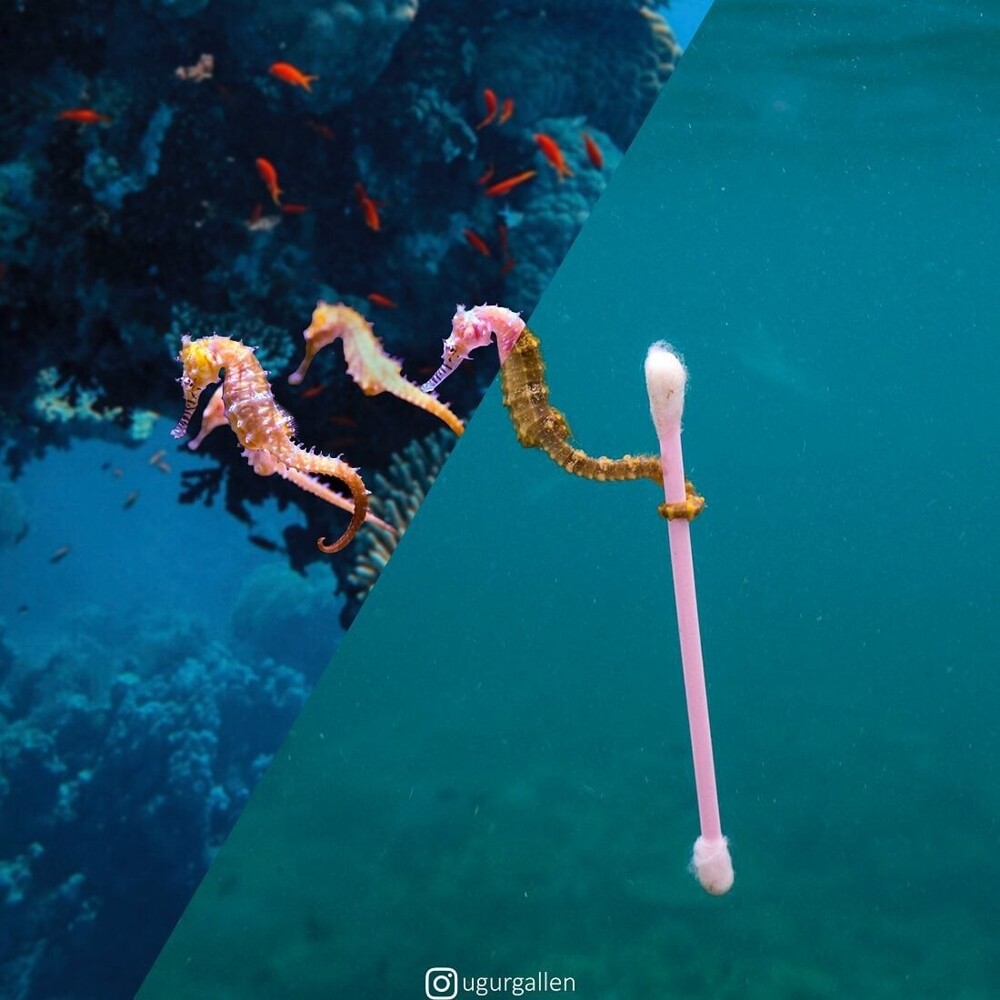
An estuary seahorse drifts in polluted waters near Sumbawa Besar, Sumbara Island, Indonesia.

